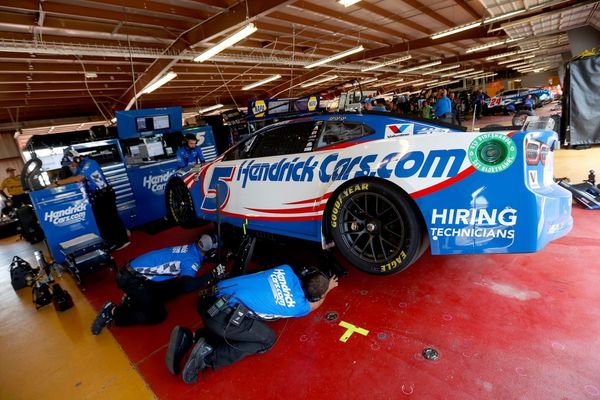
The Therapeutic Goods Administration (TGA)’s legal battle with health clinic Alternaleaf could prove an important test case for how medicinal cannabis will be allowed to be advertised in Australia.
On April 18, the TGA commenced proceedings against Alternaleaf and its parent company, international cannabis group Montu, accusing the company and its director Christopher Strauch of engaging in unlawful advertising of medicinal cannabis on websites and social media.
Alternaleaf, which calls itself “Australia’s largest holistic health clinic” has engaged in an extensive online advertising campaign, including targeted Instagram ads that encourage users to undergo online consultations with doctors and nurses to see if medicinal cannabis is right for their condition.
The company also made headlines recently when its high-profile sponsorship deal with the Dolphins NRL team backfired, with players made to tape over the company’s logo on their jerseys following legal advice.
Martin Lane, co-founder of medicinal cannabis media and advisory website Cannabiz, says there has been confusion from within the industry about perceived inconsistencies in the regulation of cannabis advertising.
“There are strict rules governing the advertising of medicinal cannabis in Australia, and the TGA has said it regards the enforcement of those rules as a compliance priority,” he told Crikey.
“There has been some frustration in the industry about a perceived lack of urgency from the regulator, so the action against Alternaleaf should at least provide some clarity, whatever the outcome.”
This frustration was echoed by Montu’s vice-president Rhys Staley, who told Cannabiz that while the company had “made mistakes in the past”, they’d “like to see the same level of scrutiny that’s applied to us, applied to everyone”.
The TGA has chided the medicinal cannabis industry’s advertising practices, with its director of advertising and product investigation Hien Le telling a recent “ACannabis” conference in Melbourne that the administration continues to be concerned about the high level of non-compliance with regards to the advertising act.
Over the past two years, the TGA has issued 119 infringement notices (totalling more than $1.4 million in fines) to seven different medicinal cannabis companies.
Montu spokesperson Kelly King declined to comment on the TGA’s allegations, other than to say, “Montu will vigorously defend these proceedings.”
Any doctor or nurse practitioner in Victoria can prescribe medicinal cannabis at their discretion to any patient with any condition. However, the TGA has emphasised that the advertisement of cannabis products, like that of any prescription medication, cannot be done directly to consumers.
“Advertising, in the context of therapeutic goods, includes any content intended to promote the use or supply (whether directly or indirectly) of the product to the public,” a TGA spokesperson told Crikey.
“The rules apply to anyone promoting the use or supply of the product (including medicinal cannabis suppliers) and all media types visible to the public such as web pages, social media, targeted sponsored posts and in-store signages.”
The TGA alleges that advertising of this nature can lead to “inappropriate demand for these medicines” and “unnecessary or harmful prescribing”.
Australia’s current medicinal cannabis advertising regulations are similar to those of the UK, though the scope of what it can be prescribed for is much narrower than in Australia. According to the National Health Service, medicinal cannabis can only be prescribed there for epilepsy, chemotherapy-related nausea and multiple sclerosis.
US laws on medicinal cannabis advertising vary greatly from state to state, though it is not uncommon to see brazen billboard advertising of cannabis since its legalisation in several states.
Up until March, Alternaleaf had references to “plant medicine” on its website, but has since removed them, though several other companies continue to advertise using similar terminology. However, the term “cannabis” is often not used, with a cannabis leaf symbol or plant emoji displayed instead.







